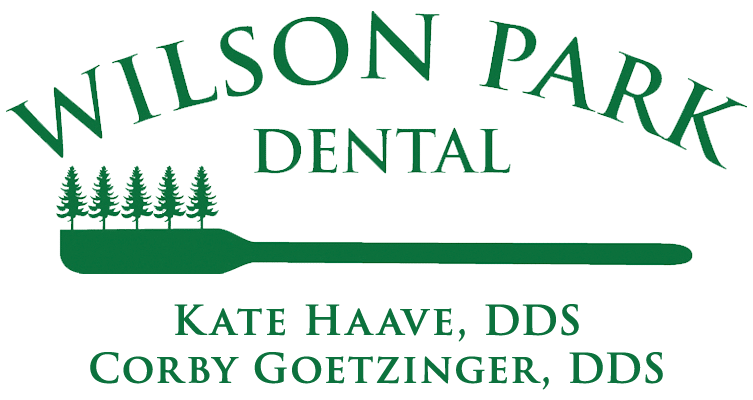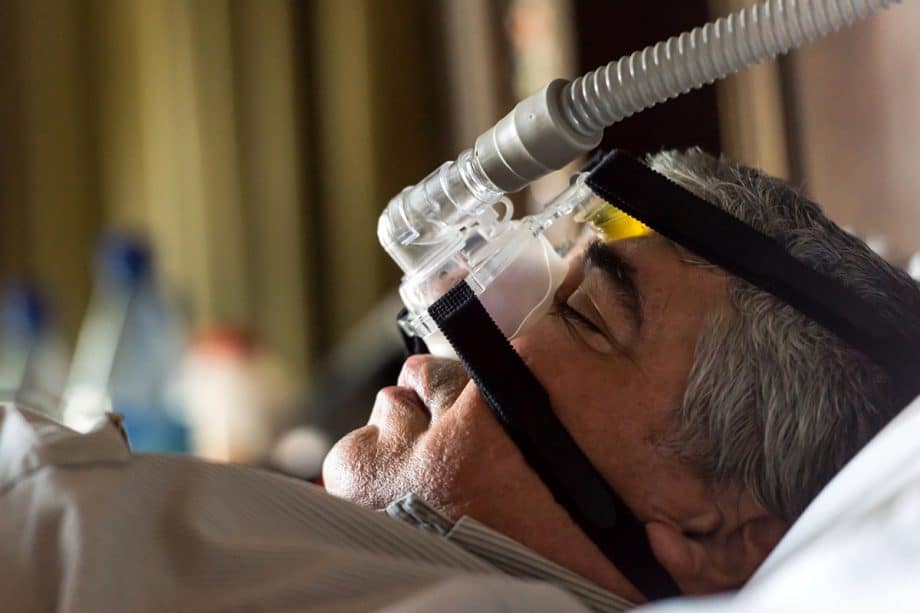Sleep apnea is a condition that affects breathing while sleeping. It is characterized by loud snoring and pauses in breathing that occur throughout the night. It is one of the most common sleep disorders affecting as many as 18 million Americans currently.
The negative effects of sleep apnea include poor quality sleep and health conditions such as heart disease and diabetes. But the good news is that sleep apnea can be treated, resulting in reduction or complete elimination of symptoms.
What Causes Sleep Apnea?
Sleep apnea is caused by an obstruction of the airway. When you lay down to sleep, especially on your back, your tongue and the soft tissues of your mouth slide back toward your throat and the throat tissues relax, blocking your airway. Partial obstruction leads to snoring and complete obstruction causes you to stop breathing for seconds at a time. As your body’s oxygen supply depletes, your brain registers the lack of oxygen and rouses you from sleep enough to change positions and resume breathing.
This can happen repeatedly, causing frequent interruptions to your body’s natural sleep cycles, preventing you from reaching a deep state of sleep that is necessary for quality rest.
How Do You Know If You Have Sleep Apnea?
The following signs and symptoms indicate that you may have sleep apnea:
- Loud snoring
- Pauses in breathing while sleeping
- Dry throat
- Headaches
- Waking up feeling tired
- Feeling tired throughout the day
- Lack of energy
- Dozing off easily during the day
If you have any one or a combination of these symptoms, you may have sleep apnea. Talk to your family physician and your dentist about diagnosis and treatment.
What Treatments Are Available?
Sleep apnea can be treated through a variety of methods:
- Sleep positioning. Your airway is less likely to become obstructed when sleeping on your side, so it may help to get a specialized pillow that is designed to keep you from rolling over onto your back when sleeping. If you prefer to sleep on your back, it may help to elevate your head with an extra pillow or with an adjustable bed.
- Orthodontics. Some sleep apnea cases occur because the jaw and teeth are not properly positioned. Braces or clear aligner treatment may provide relief of sleep apnea symptoms.
- Surgery. If excess throat tissues are causing the obstruction to your airway, it may help to have surgery to remove the extra tissue and possibly the tonsils. Jaw surgery to change the shape of your jaw may also provide relief of sleep apnea symptoms.
- Oral appliance. One of the simplest and least invasive treatments for sleep apnea is an oral appliance that repositions the jaw to prevent the soft tissues from sliding back to block the airway. An oral appliance is custom made and compact for your comfort.
- CPAP machine. One of the most common sleep apnea treatments is a CPAP machine, which stands for Continuous Positive Airway Pressure. It includes a mask worn over the mouth and nose with a hose connected to a machine that delivers a constant flow of air to keep your airway open while you sleep.
Which Treatment Option is Right For Me?
If you think you may have sleep apnea, you may be wondering which treatment option would be best for you. The best way to find out is to have an evaluation by your physician and your dentist. Together you can discuss your symptoms and the various treatment options available. Some patients can find relief with a simple oral appliance. Others may benefit from orthodontic treatment or surgery. In some situations a CPAP machine is the only effective treatment.
Where Can I Get Sleep Apnea Diagnosis and Treatment?
Wilson Park Dental can provide help with treatment of sleep apnea. We can create a custom oral appliance for you to wear at night to keep your airway free and clear while you sleep. If orthodontic treatment would be beneficial, we can provide Invisalign treatment or refer you to an orthodontist who may be able to provide long term relief of your sleep apnea symptoms.
Call 605-343-9352 or contact us today to learn more and schedule an appointment.

